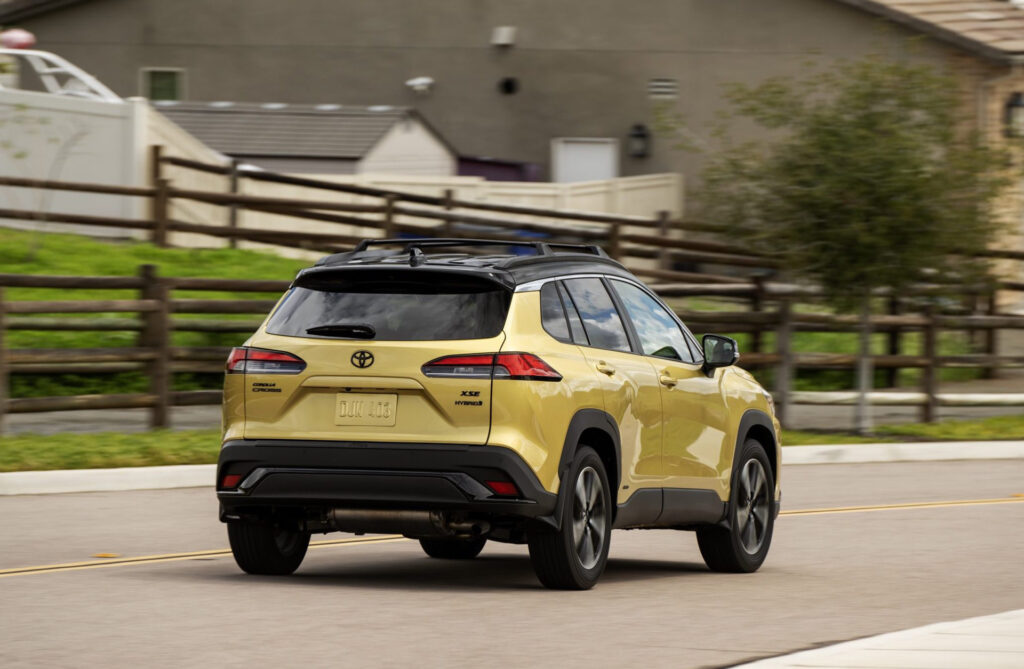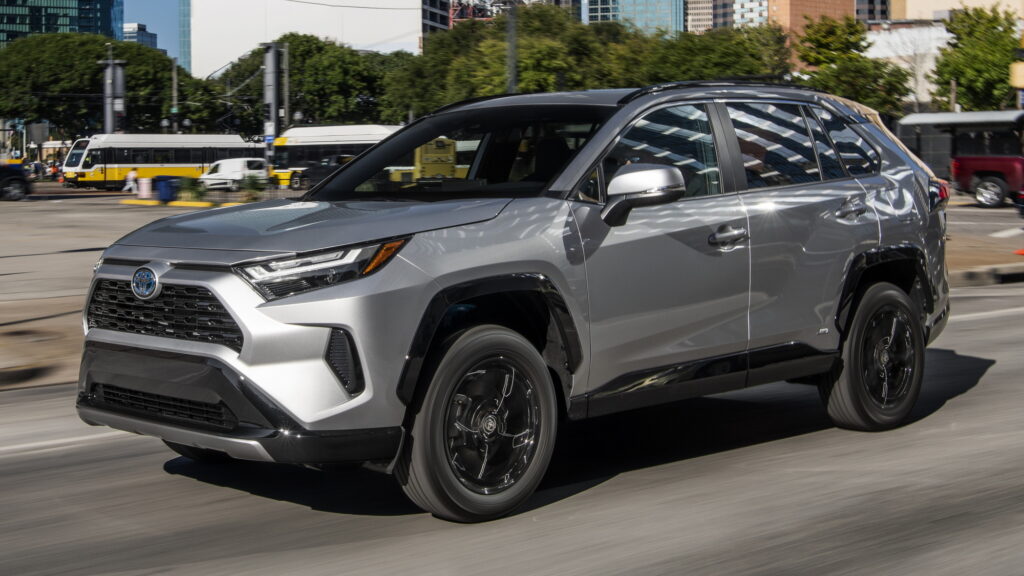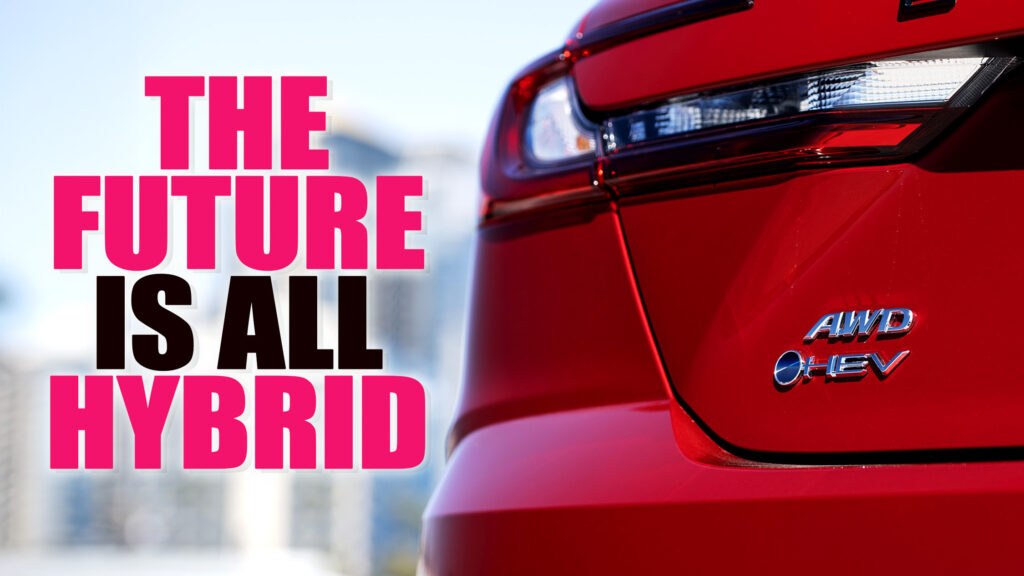- Toyota’s 2026 RAV4 is poised to become hybrid-only, following the exclusively hybrid Camry.
- Hybrids could represent over half of Toyota’s North American sales by 2025, as per projections.
- Toyota’s focus on hybrids allows it to navigate regulatory challenges while developing battery EVs.
Toyota pioneered hybrid powertrains, and while much of the industry has shifted focus to battery-electric vehicles, the Japanese marque is doubling down on combustion engines with electrical assistance.
In January, Toyota chairman Akio Toyoda said the global share of EVs will top out at just 30% and Toyota believes a “multi-pathway” approach is the best way to move forward, including hybrids, hydrogen vehicles, EVs, and green fuels.
Read: The 2025 Toyota Camry Hybrid Distills Its Strengths Into A More Attractive Package
While recently speaking with Reuters, the head of sales and marketing for Toyota in North America, David Christ, revealed that Toyota could convert its entire line-up to hybrid-only models.
“Going forward, we plan to evaluate, carline by carline, whether going all-hybrid makes sense,” he said. Reuters understands that Toyota will evaluate each model when it is redesigned and determine if it should be sold exclusively as an EV.
A likely candidate to go all-hybrid is the RAV4. It’s set for an overhaul in 2026, and with roughly 50% of current sales being for hybrid variants, it’s a logical choice to go down the electrified-only route.
According to two unnamed sources, Toyota is very likely to abandon the ICE version of the RAV4 in the North American market, although a final decision has yet to be made. If the RAV4 goes down this route, it would follow the new Camry that’s only available as a hybrid.

Christ noted that it may take longer to convert vehicles like pickup trucks and economy cars to hybrid power because of price concerns among consumers.
Executives from the Japanese marque believe that producing more hybrid vehicles will allow it to save billions of dollars in regulatory fines and costs, all while giving it extra time to develop BEVs.
Hybrid models have accounted for 37% of Toyota’s North American sales through the first half of the year and Christ believes they will exceed 50% of total volume next year. An increased focus on plug-in hybrids will also allow Toyota to benefit from U.S. emissions regulations that provide an outsized credit for reducing pollution.
Further aiding the brand is its North Carolina battery plant which will have 14 production lines by 2030 and produce up to 30 gigawatt-hours of batteries annually.




